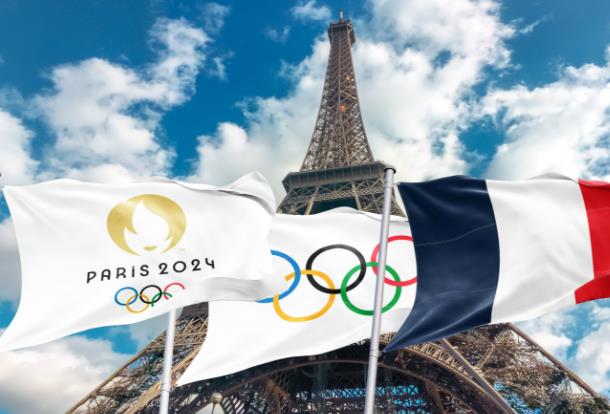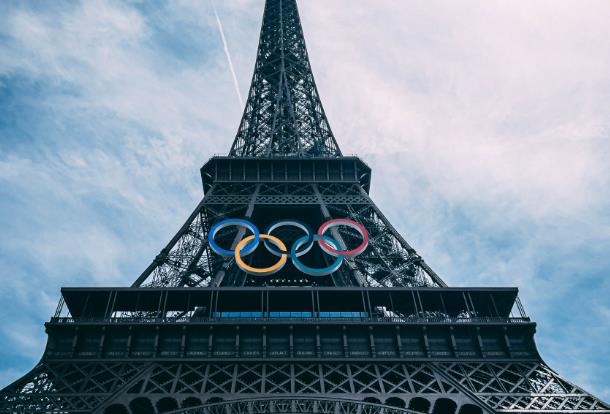22 August, 2008: Historically the Olympics have proved not to be the best driver of tourism growth, as was stated by the European Tour Operators Association and witnessed by Sydney and Athens in their disappointing tourism performance in the aftermath of the event.
China’s inbound tourism performance has so far been disappointing, with hotels announcing lower-than-expected occupancy rates, and arenas displaying a number of empty seats.
Frustrating visa restrictions have been a major factor hampering visitor numbers on this occasion.
Furthermore, several holidaymakers to the region may have also opted for alternative destinations during this period to avoid what they thought would have been a huge rush, massive crowds and inflated hotel prices hampering arrivals.
Beijing officals had anticipated an up to 20% hike in the 420,000 foreign arrivals in August compared to last year. Instead, they are more likely to see 8-9% growth.
However, some key factors with this particular market and this particular games event offer it strong prospects to see growth in the longer term. These may present the source for its longer-term growth and position as one of the fastest-growing destinations.
Beijing’s huge opening ceremony, however controversial, caught the domestic and overseas viewer’s full attention with its brilliance and grandeur. China’s rich history and culture were also demonstrated through the display of its inventions, gunpowder, printing, papermaking and the compass.
China has also strategically drawn prominent attention towards much of its beautiful landscape through many of its races. The Loashan mountains were a scenic backdrop for the BMX bicycle races, whilst the awe-inspiring Great Wall featured in the road cycle races.
The sailing competition at the coast of Qingdao also raised the profile of destination amongst sun, sand and sea lovers.
Unlike Athens and Sydney, China still sits quite far down the list of favourite holiday destinations for UK and other European tourists. This could be an advantage for China’s future tourism growth following the Olympic games, as it inspires further interest.
The country already generates the biggest tourism revenues and inflows in Asia Pacific, but this is dominated by its neighbouring countries, including, Hong Kong, Macau, Taiwan, Japan and South Korea.
As Western outbound travel to Asia is still in its infancy, interest towards a less familiar destination could spark more attention and dynamic growth from key Western travel demographics, in particular culture tourists, history lovers, adventure tourists and independent travellers.
Many travel players are counting on China’s growth in inbound tourism once the Olympics is over. InterContinental Hotel Group introduced seven new properties across the country already, and Indian Hotels Company plans to enter China with the management of two hotels under the Taj brand, to name a few.
China’s huge expenditure of US$36 billion on Olympics preparations and the subsequent international publicity, whether good or bad, may well provide the positive dynamism which China has intended, resulting in great returns for both the government and tourism players investing in China, not only in the immediate aftermath, but for the long term as well.




